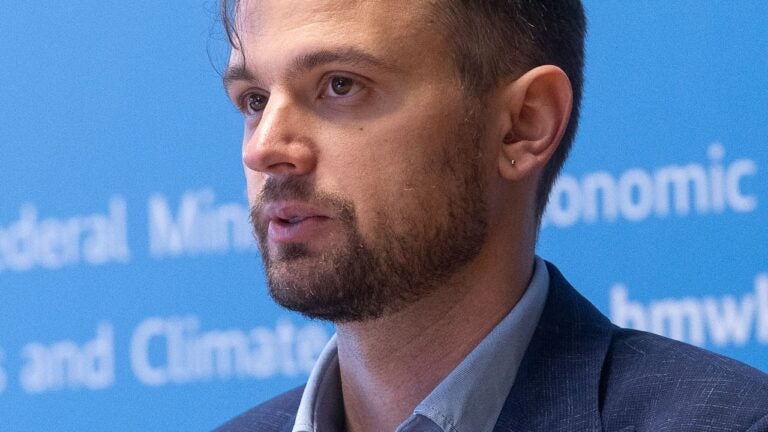International Economics Seminar Series
Trade Sanctions

How effective are trade sanctions? We examine the economic impact of the unprecedented sanctions imposed on Russia following February 2022, when Western countries banned exports of nearly 40% of all country-product varieties Russia had been importing prior to the war. By combining novel manually-collected records of these sanctions with the universe of Russian international trade transactions, firm balance sheets, and government procurement data, we provide the most comprehensive analysis of the economic impact of trade sanctions on a target country to date. Using a difference-in-differences approach, we find that the sanctioned country-product imports into Russia experienced a sharp 60% decline compared to non-sanctioned import flows following the war's onset. Total imports of sanctioned products fell by 28%, suggesting that while roundabout trade and substitution were substantial, they did not fully offset the decline in sanctioned imports. Firms that relied on to- be-sanctioned imports experienced a 15% reduction in output. This pattern is also observed in the manufacturing and science and technology sectors, as well as for firms that are part of military-adjacent supply chains. Overall, our findings suggest that, despite anecdotal evidence highlighting sanctions' ineffectiveness, the sanctions on the imports of Russia had an adverse impact on the Russian economy.
Vasily Korovkin is an Assistant Professor in the Department of Economics and Business at Universitat Pompeu Fabra and an Affiliated Professor of the Barcelona School of Economics. Professor Korovkin is an applied microeconomist with a focus on firms and firm linkages in developing and middle-income countries. His main research interests are Development Economics and Political Economy and also Applied Econometrics and Trade. He defended his Ph.D at UCLA Anderson School of Management in 2018.
Location: 0A12, Georgetown University in Qatar